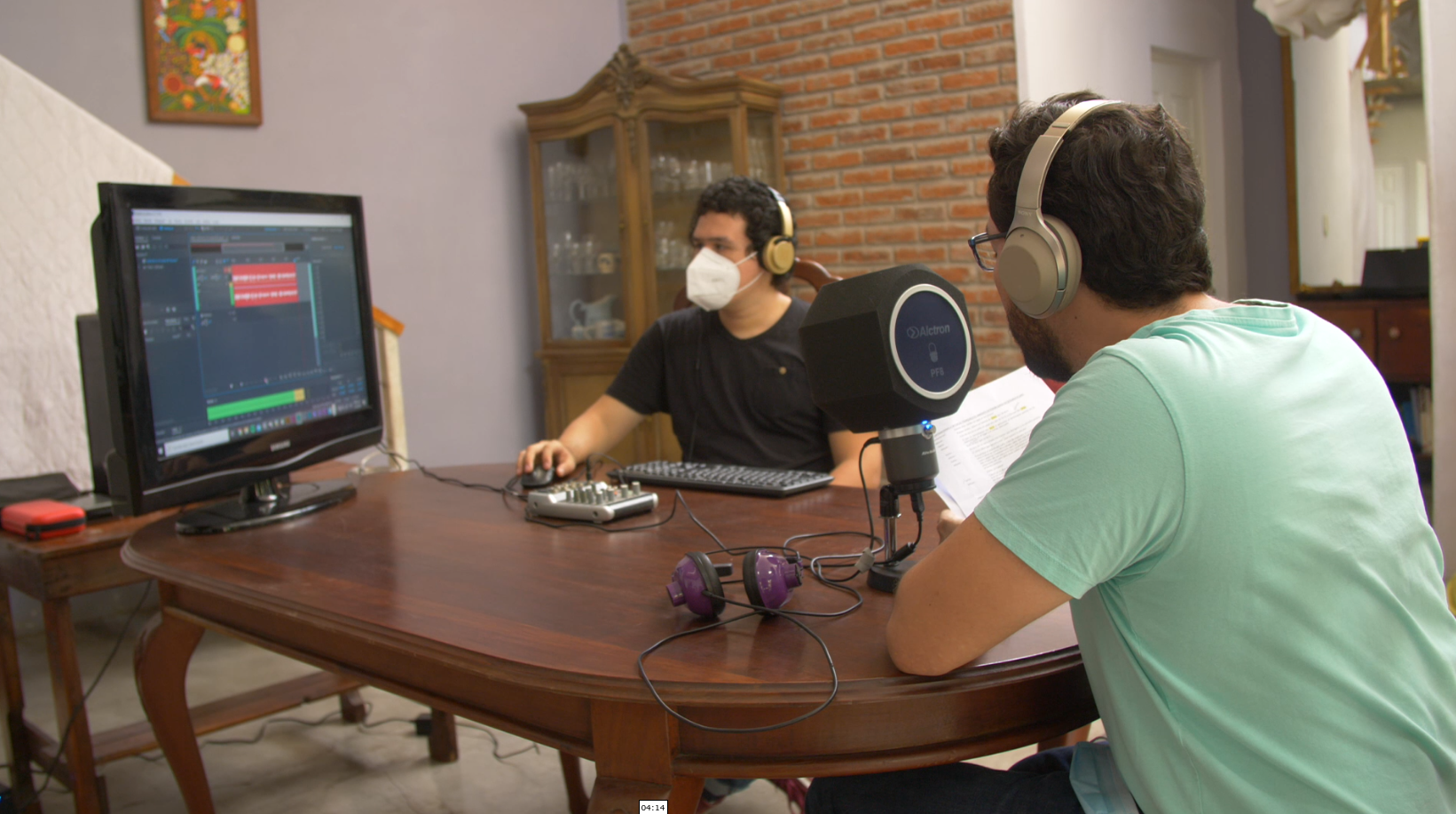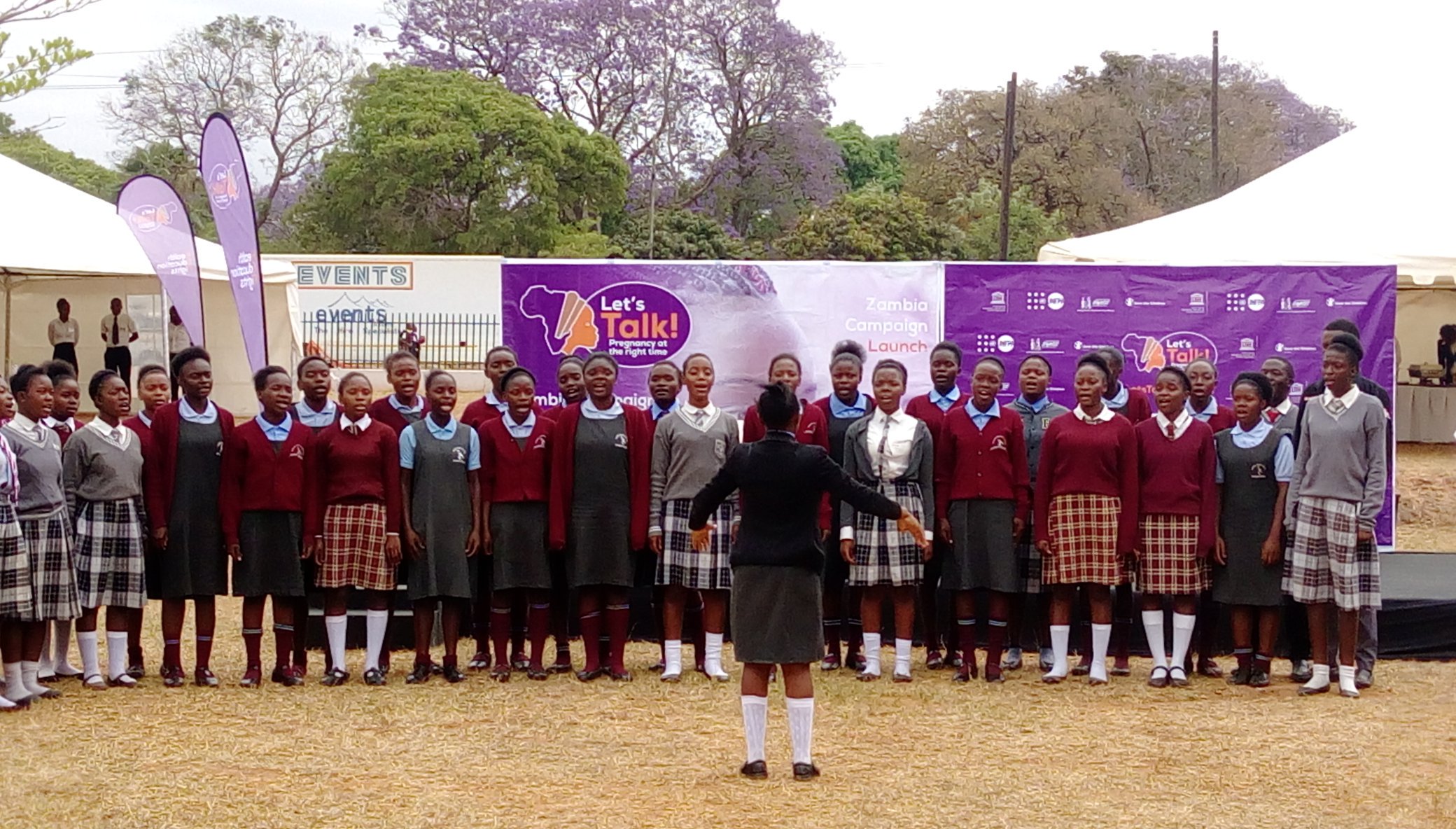Farmers from the CRS/ASA program in Central America (Photo by CRS)
“With the challenges imposed by the COVID 19 pandemic, we were able to reach farmers and collaborate with them to reactivate agricultural practices in our areas of work.”(Tegucigalpa, Honduras, 67 years old).
The health issues raised by the COVID-19 pandemic are threatening already vulnerable food systems in Central America. Many farmers fear going to work and exposing themselves to contracting COVID-19. With the farming season coinciding with the height of the pandemic (April to June), Catholic Relief Services (CRS)—whose agricultural program Agua y Suelo (ASA) has been active in the region since 2015—is partnering with PCI Media to design and implement an awareness–raising radio campaign to promote key agricultural practices alongside COVID-19 safety behaviors in Nicaragua, El Salvador, Honduras and Guatemala.
Our work impacts approximately 4 million people.
We faced a short timetable to produce and broadcast compelling radio dramas to help bolster regional food security in the wake of COVID. Realizing that COVID infections would endanger lives and further threaten food supplies, our program encouraged preventive measures as essential components of the program, ensuring that farmers could safely plant, grow, and sell food.

Recording session in El Salvador
By leveraging and building on PCI Media’s previous experience in the region and Catholic Relief Services and Agua Y Suelo Approach (CRS/ASA) strategic work, we were able to quickly design and implement an effective communications campaign. We produce shows that foster conversations about COVID-19 and ASA. Through virtual sessions, PCI Media trains CRS staff to provide accurate health guidance to callers.
“We were given a lot of information that will guide and inform our future campaigns.” CRS field team member
The second component that allowed PCI Media to quickly scale and spread crucial knowledge was CRS/ASA’s existing infrastructure of community promoters or voceros, who work in the field promoting ASA practices, training farmers. As a trusted source, they were essential in motivating audience groups to adapt practices that both promoted sustainable farming while protecting them from COVID.
In a post-program questionnaire, every community promoter reported that the radio campaign was useful in raising awareness and providing visibility for local CRS/ASA projects. They also reported that the campaign was useful in reaching a wider audience, particularly during the pandemic. Impact and audience engagement are monitored using a rapid assessment, mobile phone tool.
Investment in popular media goes a long way when faced with an emergency situation that necessitates timely messaging. The CRS/ASA program is a wonderful example of how leveraging existing communications infrastructure can expedite our capacity to reach key audiences and inspire them to take action to keep themselves and their communities safe.
Edited June 28, 2023 to reflect updated impact numbers.





Recent Comments